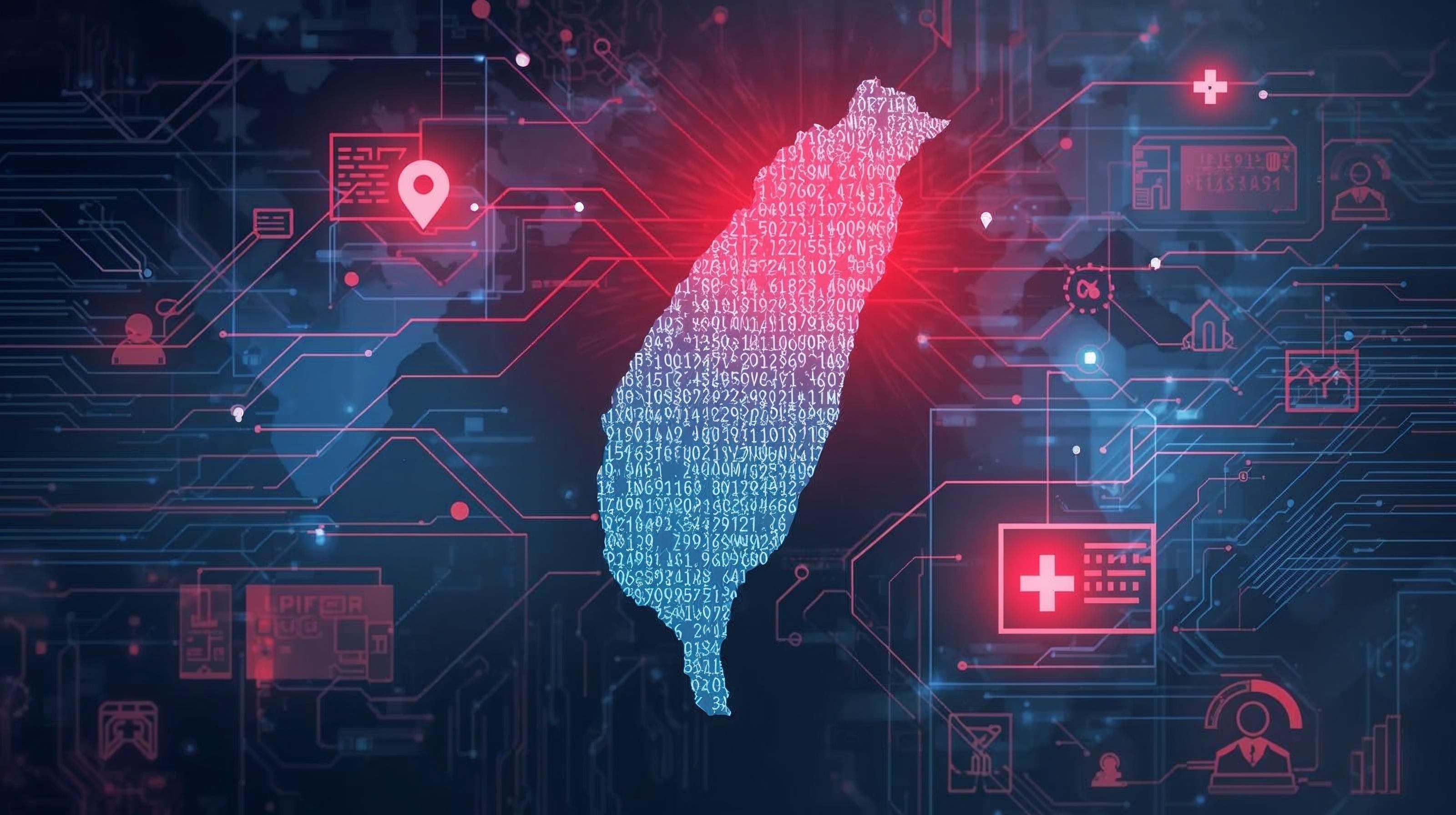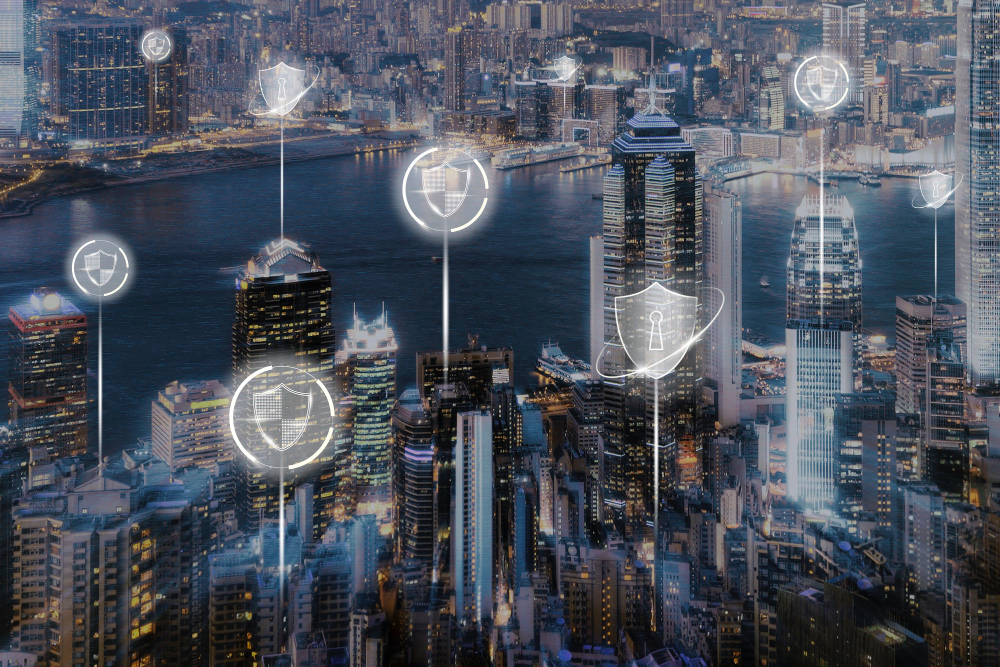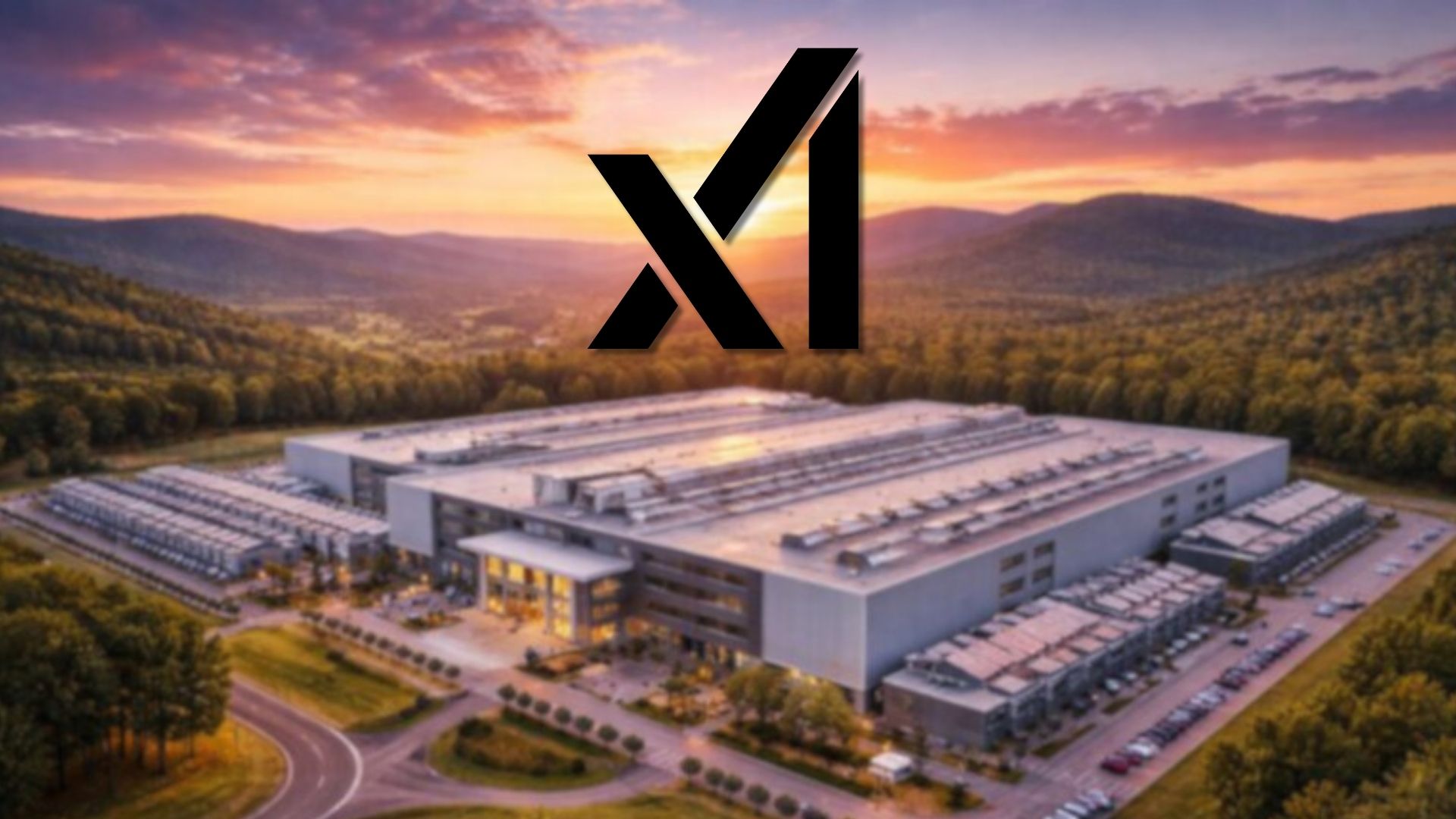Google is expanding shopping features inside its Gemini chatbot through partnerships with Walmart and other retailers. Users will be able to browse and buy products without leaving the chat interface.
An instant checkout function allows purchases through linked accounts and selected payment providers. Walmart customers can receive personalised recommendations based on previous shopping activity.
The move was announced at the latest National Retail Federation convention in New York. Tech groups are racing to turn AI assistants into end-to-end retail tools.
Google said the service will launch first in the US before international expansion. Payments initially rely on Google-linked cards, with PayPal support planned.
Would you like to learn more about AI, tech and digital diplomacy? If so, ask our Diplo chatbot!









